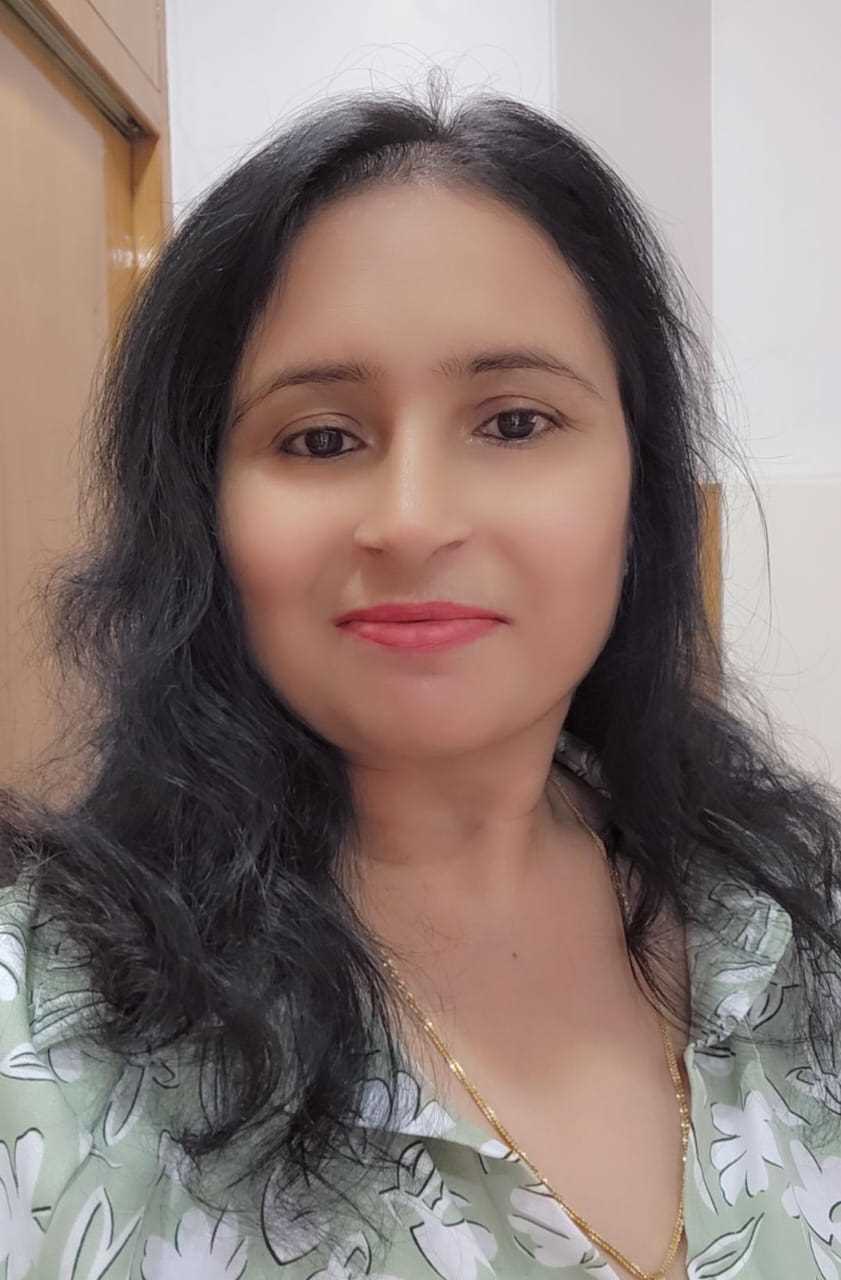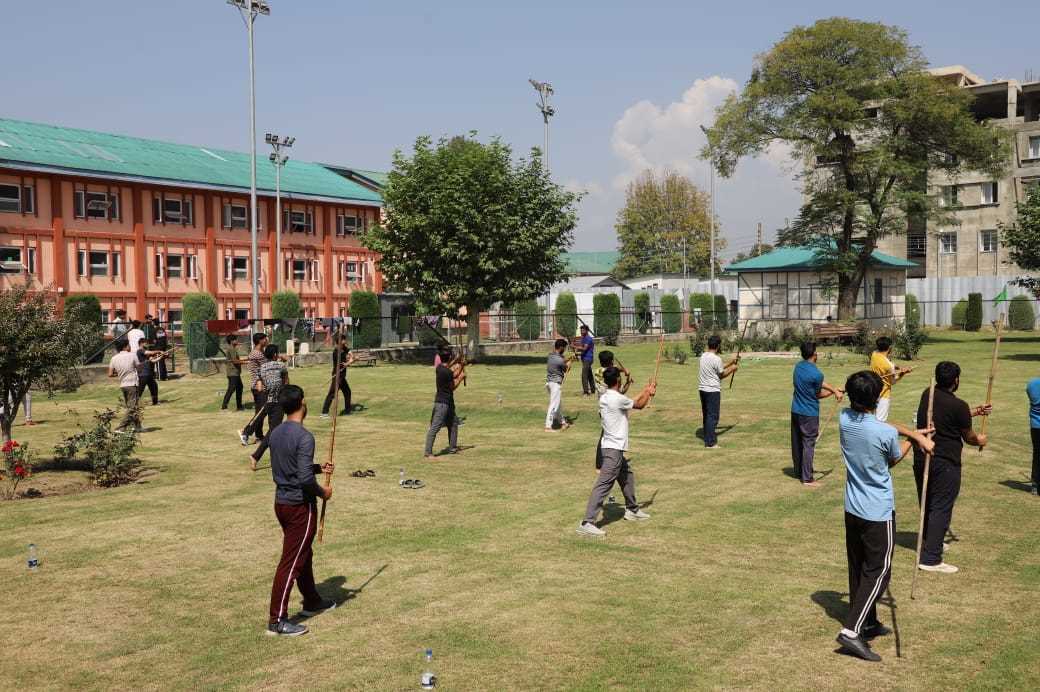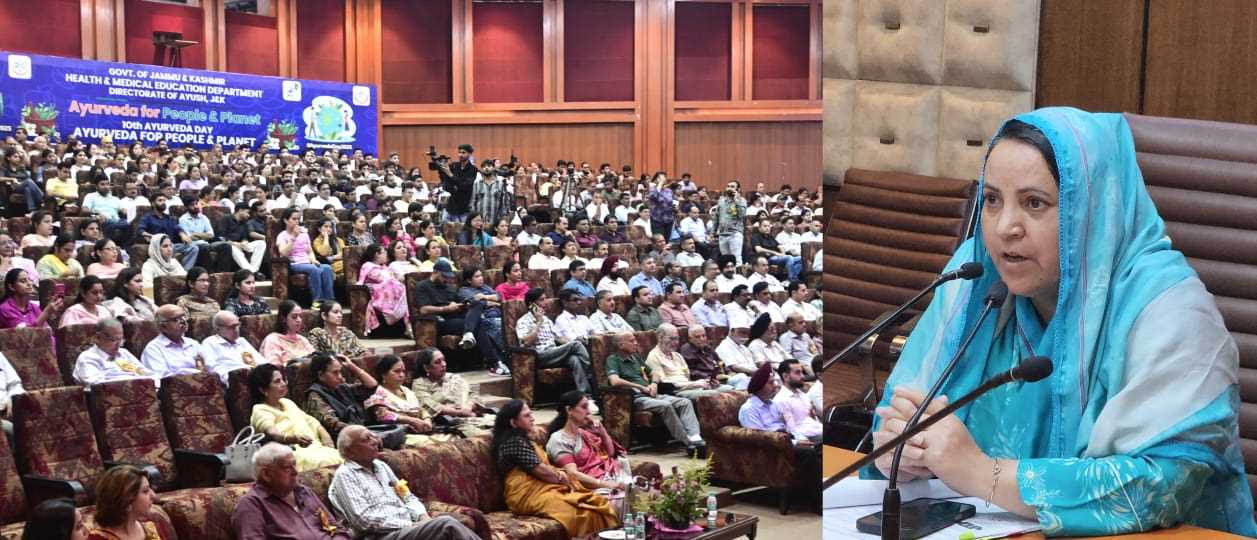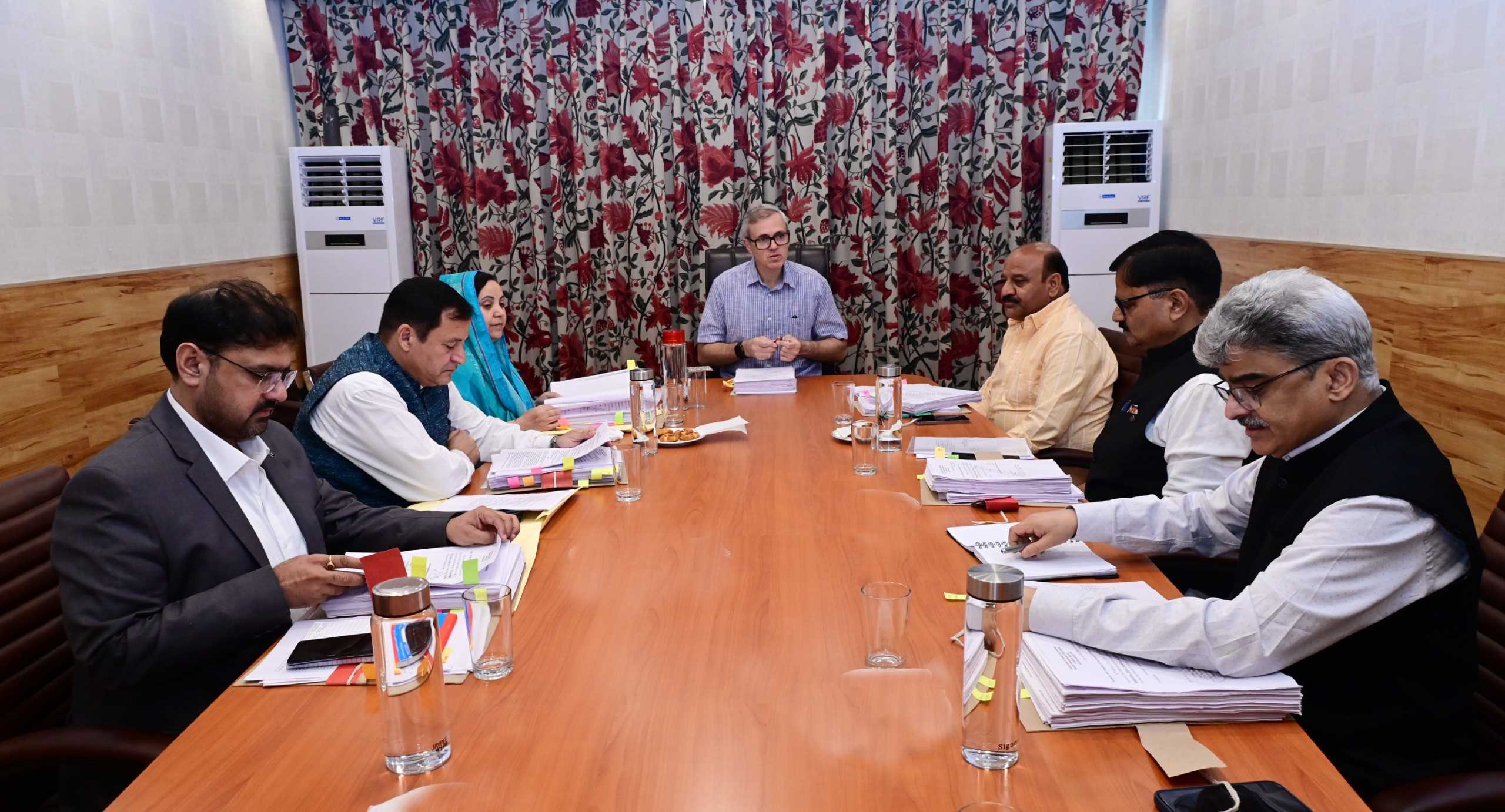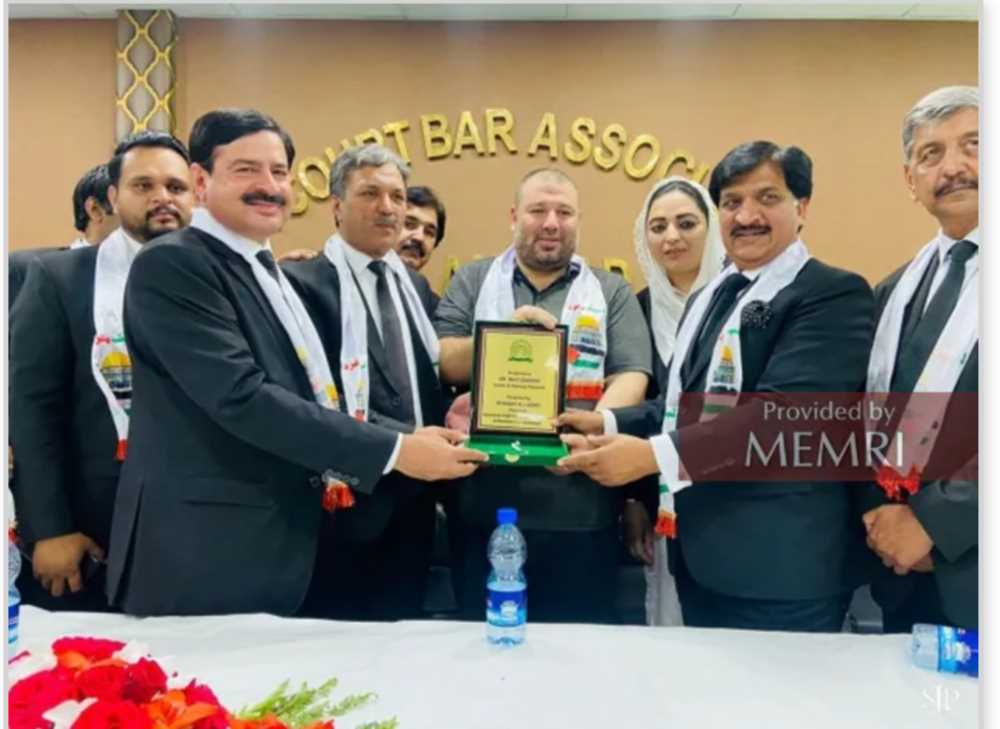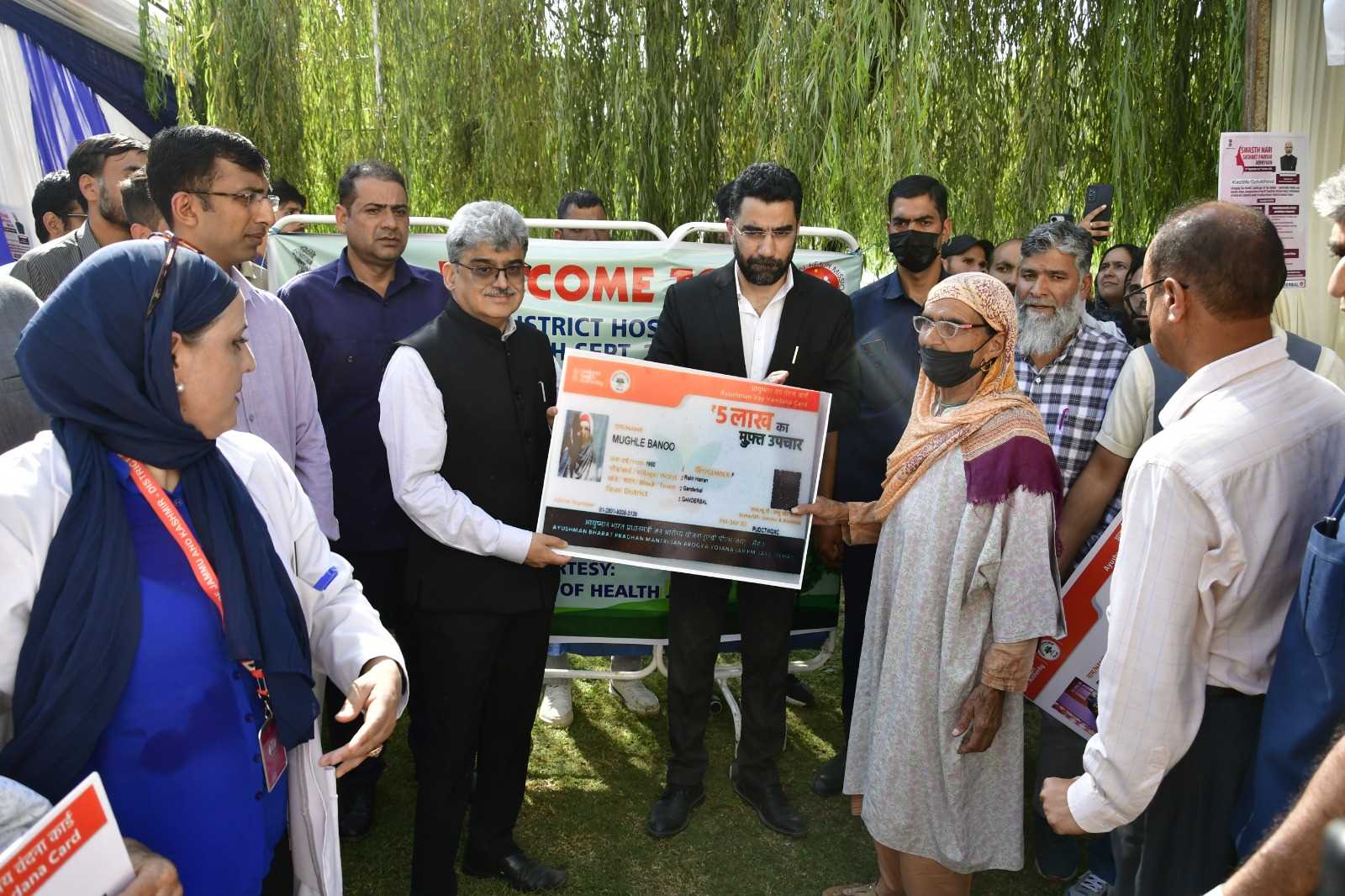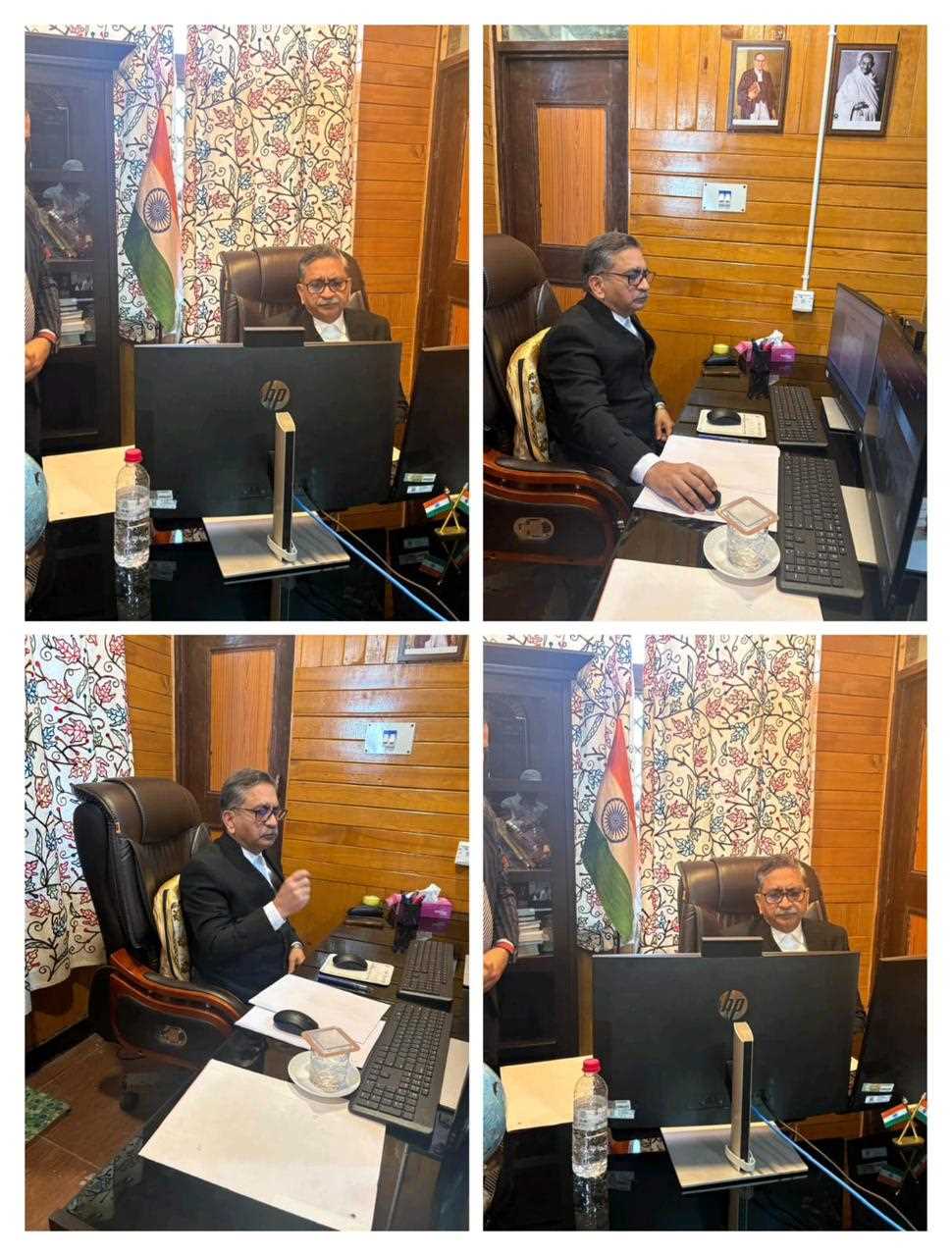Few days back while wandering through the rain-kissed evening, I was listening songs on Spotify, and there the dulcet utters of Toni Jones’ “I’m Not Aunty O, I’m Me” drifted through my earphones, hitting the arpeggio within. The pitter-patter of raindrops and lyrics of Jones carried me to a recent encounter, and that was already dawdling and trying to settle in my mind like a mild niggle.
What exactly had happened, I would love to tell here as it may have occurred with many women around the globe at one or another phase of their lives and they can co-relate themselves with my mental state. At the exam centre one day, I had surrendered my phone to the vigilant e-mitra, a temporary exile from the digital world for few hours for taking the exam.
Upon reclaiming my device after exam, I received the shopkeeper's unexpected appellation– “lo aunty apka phone.” It felt like an upsetting and offensive note in an otherwise harmonious air after writing a good exam, listening ‘aunty’ from a person of my age or may be he was elder than me. I wanted to shout out- “I’m not your aunty.” The dissension was dawdling inside, refusing to be silenced.
Then Toni's emboldening song in accord with the cadenced rain triggered a sense of reclaiming self and asserting individuality, machinated me to unbridle a deluge of thoughts that I was trying to keep inside after this “aunty” episode. The incident, the word, though seemingly trivial for many of patriarchal minds, had tapped into a continuing echo within me.
As morning walks are plot-walks for many poets, writers, journalists and columnists, my writer's instincts, also got stimulated while walking by experience, sensing the narrative's power within it, urging me to explore and express the emotions that spun beneath the surface.
The shopkeeper's words, though habitually spoken without prior consideration or thought due to conventional mindset, sparked a reflection on identity, age, and the labels that shape our interactions. As I pondered, the boundaries between writer and individual began to blur, and the story started to take shape, begging to be told. And finally I scribbled it on my MacBook screen since columnists or journalists’ voices or viewpoints can’t remain silenced or unscripted for long.
What do you think about the phrase “Not your aunty”? How do you interpret it? One may have not given it so much importance till now. But in past few years, many audacious women have raised their voices, have discoursed on it, and shared their encounters where they felt they were not ready to accept it in those junctures of their lives.
The phrase “Not your aunty” can be interpreted as a powerful expression of claiming independence, individuality, self-assertion, and challenging traditional norms. It’s a way of saying, “I'm not bound by conventional expectations anymore” or “I won’t like to be defined by societal roles”. This phrase can be decoded in various ways, depending on the context and cultural background.
In most of the cases, “Not your aunty” might be used to challenge traditional family roles or expectations, assert individuality and autonomy, reject societal pressures or stereotypes and create a sense of identity and self-expression.
Women have been labeled in various contexts and situations whole over the world, including social media, popular culture, and day-to-day life dialogues pushing boundaries aside of race, color, age, ethnicity and religion.
Emmy and Golden Globe winning American actress and television producer, Sarah Jessica Parker critiques the double standard surrounding aging in the spotlight. She notes the hypocrisy in how society comments on women’s appearance, particularly grey hair and wrinkles, while men with similar features are praised.
Sarah rejects the scrutiny saying it- “It almost feels as if people don’t want us to be perfectly okay with where we are, as if they almost enjoy us being pained by who we are today, whether we choose to age naturally and not look perfect, or whether you do something if that makes you feel better. I know what I look like. I have no choice. What am I going to do about it? Stop aging? Disappear?”
If we observe, we can find that in the hustling-bustling markets, crowded trains, and buses, vegetable markets, malls, everywhere, a familiar chorus echoes through the air: “Aunty!” For many women, this seemingly innocuous term has become a source of disturbance and dissonant, a symbol of societal expectations and ageism. Once a woman crosses the threshold of 40, the ‘Aunty’ tag is often bestowed upon her, whether she likes it or not.
But why should age dictate a woman's identity? Why should she be reduced to a familial label that implies a relationship she may not have? In recent years, a growing chorus of writers, social media influencers, and actresses has spoken out against this phenomenon, asserting their individuality and rejecting the ‘Aunty’ moniker.
This movement is not just about semantics; it's about challenging the stereotypes that come with it. It's about recognizing that women, regardless of age, are complex individuals with their own stories, experiences, and identities. By pushing back against the ‘Aunty’ label, these women reclaim their agency and demand to be seen as more than just a generational marker.
It’s essential to acknowledge the power of words and their impact on our perceptions. Consequently, I found the lyrics of "I'm Not Aunty O, I'm me" suggesting a shift in perspective, conveying a strong message, highlighting the importance of womanhood, individual expression and the ability to choose one's own identity, rather than being defined by societal labels. It's a call to action, encouraging listeners to take control of their own identity and forge their own path. Jones clearly expresses it through her words- "Hey ladies! Your Energy will put you on. Your womanhood is your opera." She further adds- "I am a woman, my name is my name, my story is my story, my path is my path, my journey is my journey."
In the debut episode of “Not Your Aunty,” aptly titled “Breaking The Aunty Norms: Embracing Life with Laughter and Defying Expectations,” dynamic duo, well-known Indian authors, Kiran Manral and Shunali Shroff shared their experiences of being called “aunty” at first time in their lives.
With their razor-sharp wit and infectious humor, Kiran and Shunali exuberantly defied labels that have long been associated with women of a certain age, 40 or beyond. Shunali expressed that it’s fine for her to be addressed ‘aunty’ from innocent lips of children or with the respectful tones of teenagers or from friends of her daughters with warmth and charm. However it is not acceptable to be called or labeled ‘aunty’ by people of same age, little younger or elder. Both of them found it quite offensive, disturbing, disputatious and inharmonious in nature.
About women health, beauty, and identity at every stage of life, attorney, author and former First Lady of the United States, Michelle Obama inspires a more open and honest dialogue putting it this way- “Women, our bodies change drastically in comparison to men. We’re going through menopause. We’ve got a lot going on, and I don’t think we’ve done enough to understand what aging means for women’s bodies: What are we supposed to look like? How are we supposed to feel? We’re not talking about that enough. I’m 56 with a 56-year-old-body, and I love my body.”
Preeti Shenoy, a best-selling Indian writer shares on her Instagram handle, the empowering insights on what to embrace and what to let go of after 40; shattering the ‘Aunty’ stereotype. Her key takeaways are: embracing assertiveness, redefining worth, prioritizing self-care, embracing change, outgrowing people, focusing on personal growth, distancing oneself from those who no longer align with one's values, and learning to say ‘no’ etc.
Thus ignore those all who try to dim your sparkle. Celebrate your age wearing your lines, grey hair, creaking knees, peri-menopausal mood swings and wisdom with pride. With unapologetic authenticity, cross the unexplored territories of life post 40, celebrate the beauty of self-discovery, growth, and unconcealed individuality. Own your journey and be empowered by your experiences hence ageing is a privilege, not a flaw!
